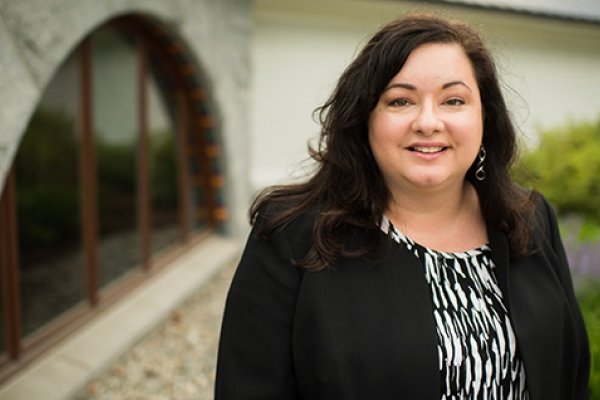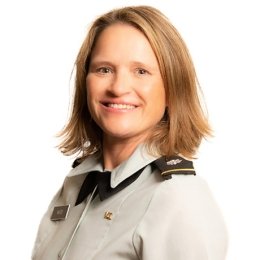
RN to BS in Nursing
Stand Out in the Nursing Field
With the increasingly changing healthcare industry, you know the need for distinguished and skilled nurses has never been more prevalent. Norwich University’s online RN to BS in Nursing degree program addresses the specific learning needs to deepen your nursing knowledge, leadership skills and evidence-based practice to better serve your patients, the community and career.*
Experience a learning environment with the flexibility needed for working nurses like you. Work around your busy schedule with Norwich’s 100% online classroom and several start dates per year. Build on your degree – Norwich allows you to fast-track to Norwich’s Master of Science in Nursing program upon completing the BS in Nursing program.
Whether you want to enhance your skills, prepare for a master’s degree, or expand into a different healthcare field, your Norwich degree can provide you with the necessary means to help improve skills in diagnosing and evaluating nursing interventions and positively impact patient outcomes.
*Norwich’s RN to BS in Nursing is designed for nurses holding an unencumbered RN license issued in the U.S. or in a jurisdiction that is an associate member of the National Council of States Boards of Nursing.
You, at Norwich
Our approach to integrated curricula allows you to take courses in a wide range of subjects, as well as the opportunity to explore a specific topic of study in depth.
Transfer up to 90 semester credits and complete your degree in fewer than two years.
Several start dates per year offer you the ability to enroll when it fits your schedule.
Relevant electives, including Strategic Communications or Business and Professional Writing.















